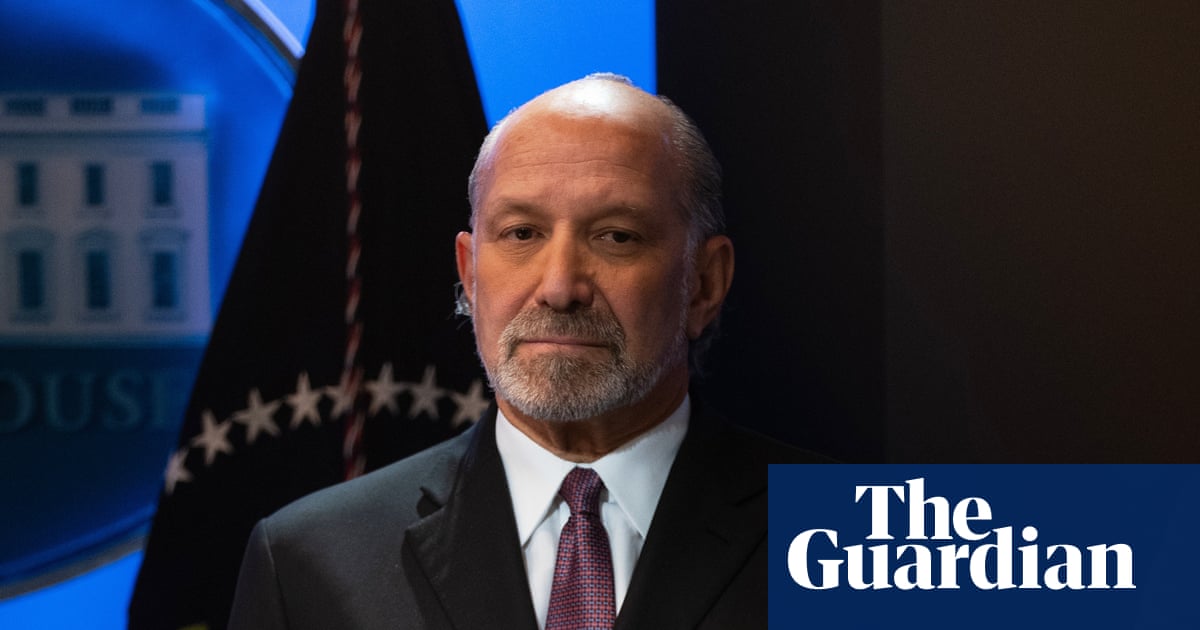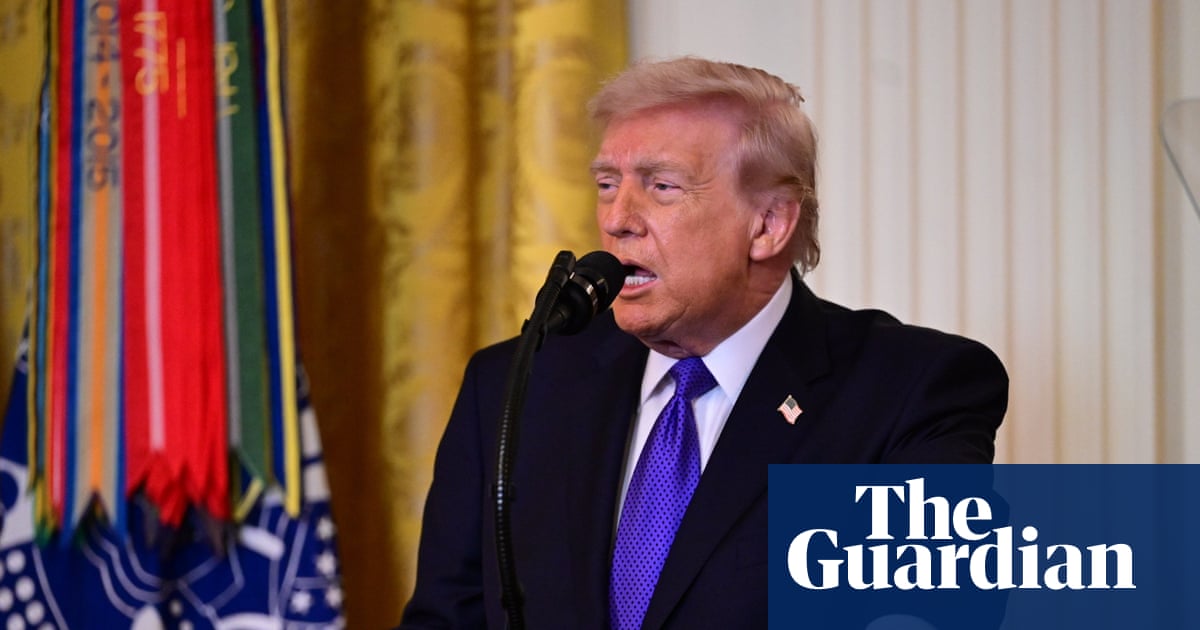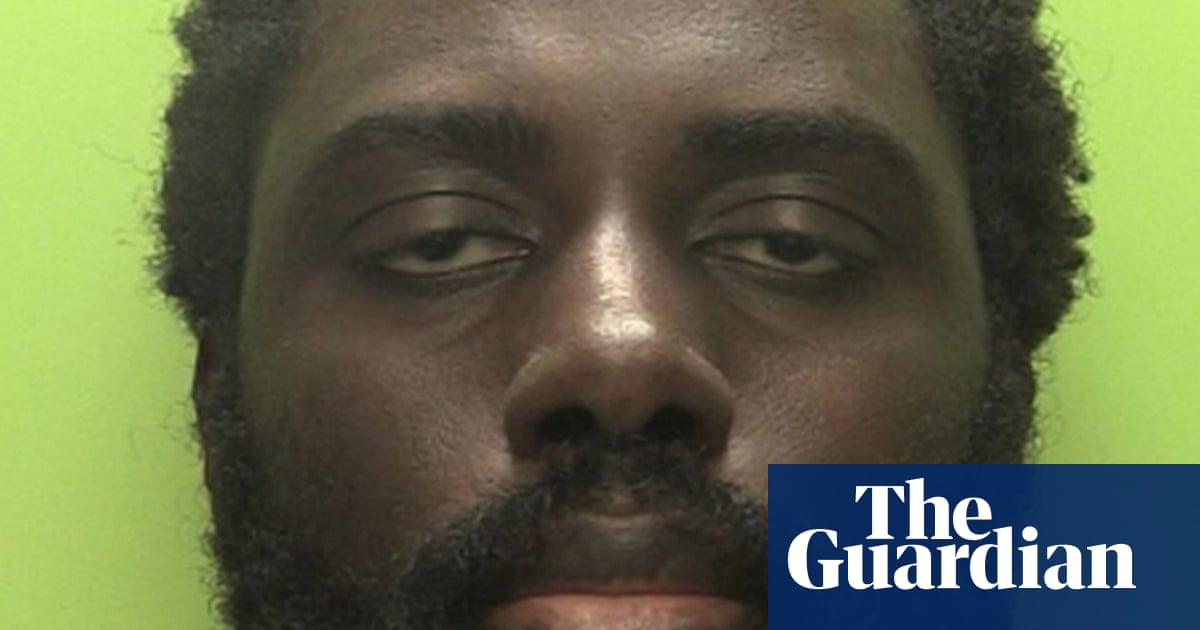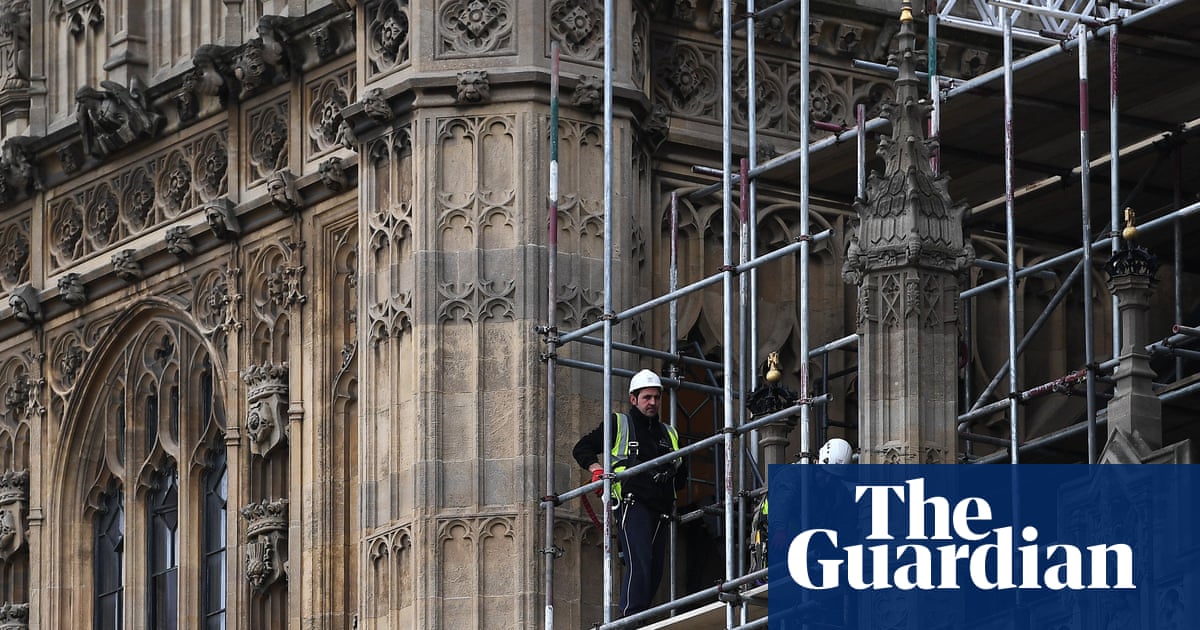Legal experts, former government ministers and an ex-MI6 director have criticised the process used to ban Palestine Action.
The members of an independent commission set up by the Bingham Centre for the Rule of Law said the definition of terrorism was too broad and better parliamentary oversight and judicial scrutiny was needed.
Palestine Action became the first direct action group to be banned under the Terrorism Act after officials concluded that it met the criteria for proscription. These include “serious damage to property” designed to influence the government or to intimidate the public for a political, religious or ideological cause.
The commission was chaired by the former lord chief justice of Northern Ireland, Sir Declan Morgan KC, and included the former attorney general for England and Wales, Dominic Grieve, and the former global counter-terrorism director of MI6, Richard Barrett.
It said the ban on Palestine Action highlighted “several of the features of and concerns about the power to proscribe”.
“A [terrorism] definition that relies heavily on executive discretion risks inconsistency, perceptions of unfairness, and the treatment of legitimate protest as terrorism,” said the commission, which heard evidence from more than 200 experts and stakeholders. “To ensure clarity and proportionality while maintaining operational effectiveness, the commission recommends a more focused statutory definition.
“Terrorism should be defined narrowly as acts intended to coerce, compel, or subvert government or an international governmental organisation, and the threshold for property damage should apply only to conduct causing serious risk to life, national security, or public safety, or involving arson, explosives, or firearms.”
The ban on Palestine Action was proposed in June by the former home secretary Yvette Cooper after protesters sprayed red paint on two Voyager aircraft at RAF Brize Norton in Oxfordshire – an incident for which the direct action group claimed responsibility. Officials had first recommended Palestine Action be banned in March. Prior to Brize Norton, the group predominantly targeted the UK sites of the Israeli arms manufacturer Elbit Systems and linked companies.
The report, which will be published on Tuesday, said there should be a review of classified evidence by parliament’s intelligence and security committee before proscription and an end to grouping together organisations in a single proscription order as happened with Palestine Action. It was banned alongside two neo-Nazi groups, the Maniacs Murder Cult and the Russia Imperial Movement – a move critics said deterred MPs from abstaining in a Commons vote or opposing the order.
Since the ban came into effect on 5 July, more than 2,000 people have been arrested for alleged support of the direct action group, mostly for holding placards saying “I oppose genocide, I support Palestine Action”. The report said the explanatory memorandum for the proscription order failed to explain that such people would fall foul of the law.
Other members of the commission include the former chief inspector of prisons, Anne Owers, and the former Conservative party chair Sayeeda Warsi.

 3 months ago
98
3 months ago
98

















































